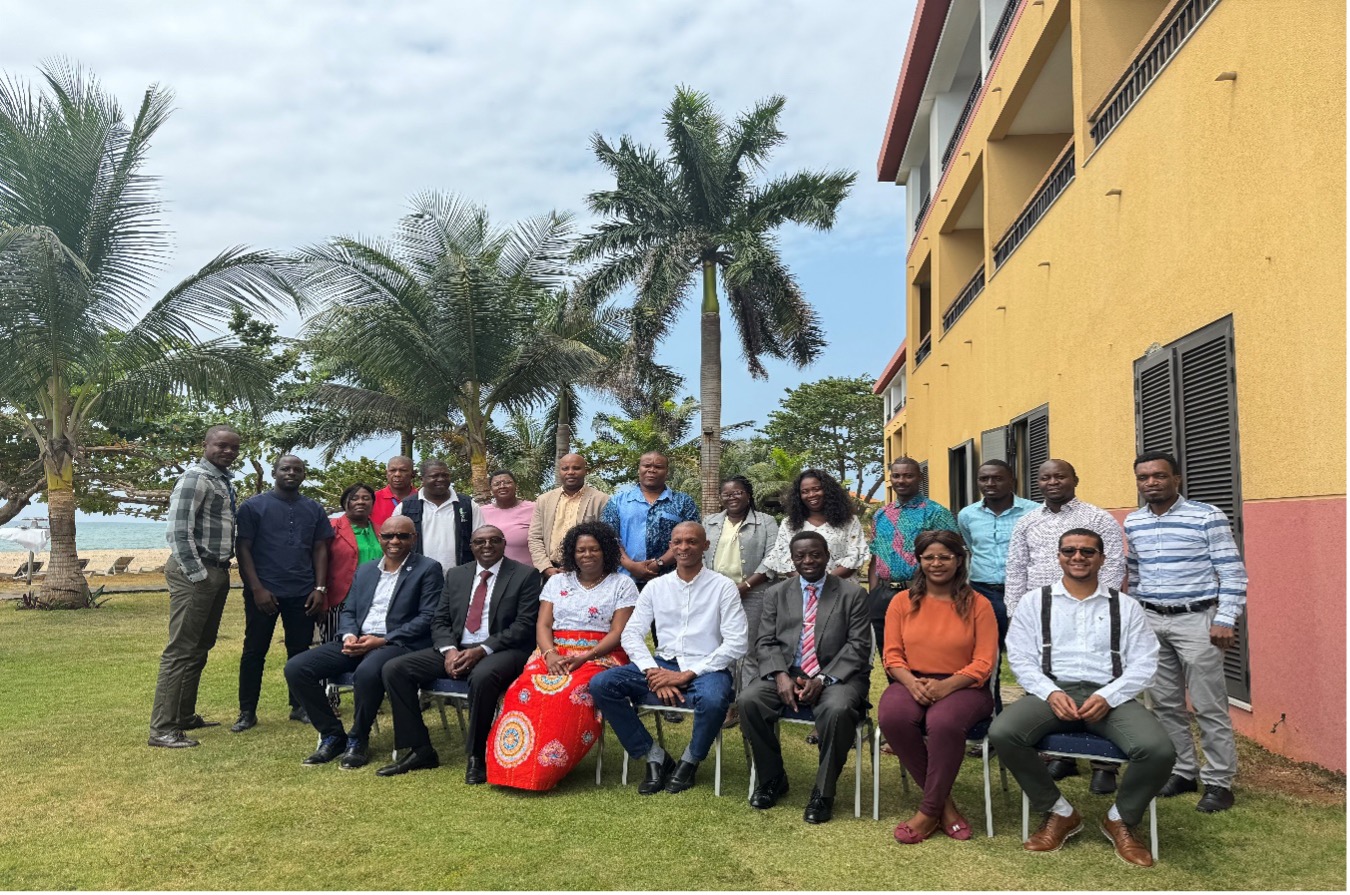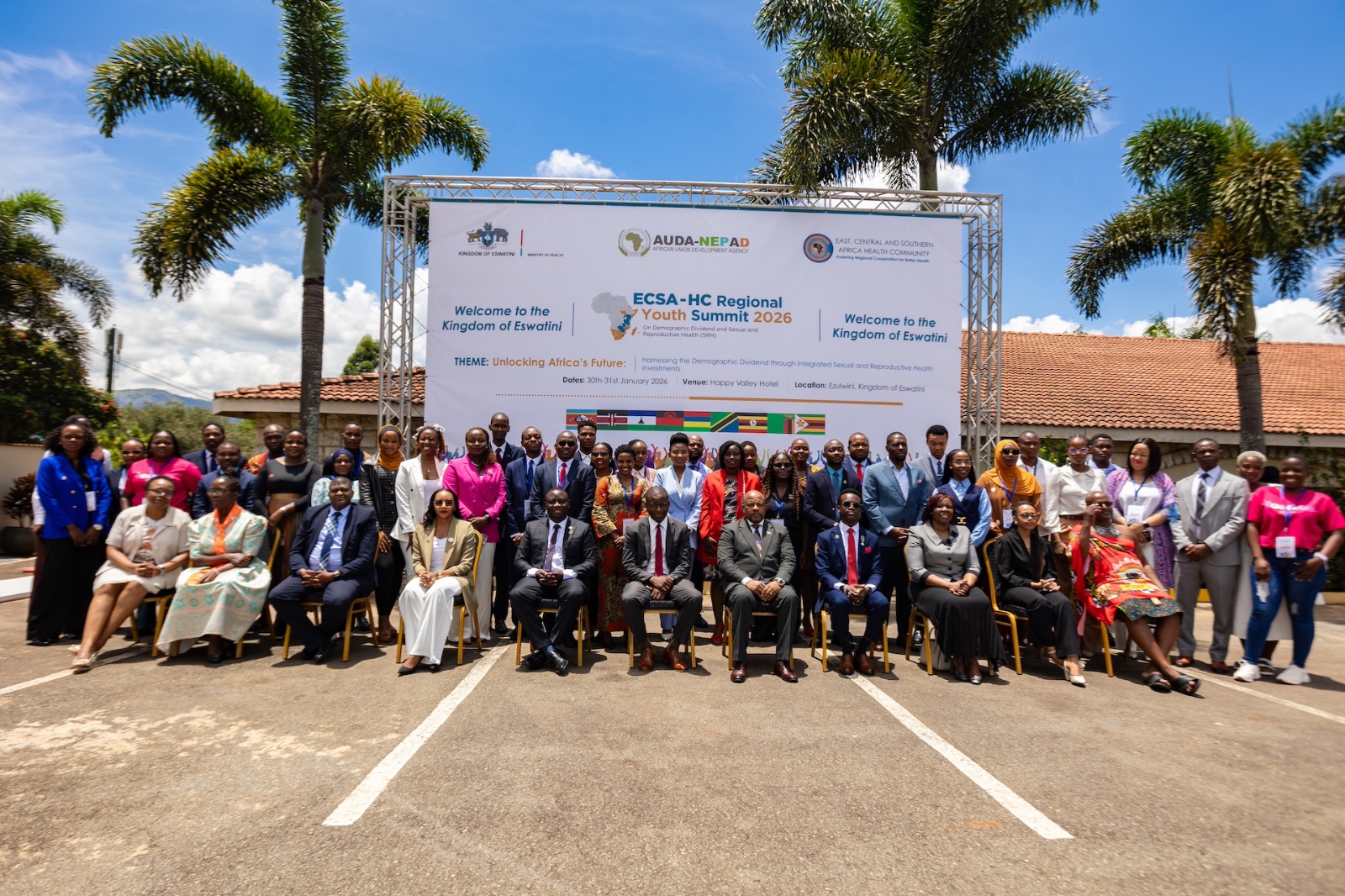ECSA-HC has successfully concluded the 76th Health Ministers Conference (3–5 Feb 2026) in Ezulwini, Kingdom…
Enhancing Public Health Resilience: São Tomé and Príncipe’s Strategic Workshop on Risk Assessment

In an effort to bolster their public health emergency preparedness, São Tomé and Príncipe, a small island nation vulnerable to a variety of natural and biological hazards, conducted a vital workshop from July 15 to 19, 2024. Utilizing the World Health Organization’s Strategic Tool for Assessing Risk (STAR), the workshop was a significant stride towards enhancing the nation’s readiness against public health threats ranging from infectious disease outbreaks to climate-induced disasters.
São Tomé and Príncipe’s geographical and climatic conditions expose it to numerous natural hazards like storms, floods, and landslides, alongside biological threats such as cholera, dengue, and COVID-19. A notable cholera outbreak in 2005 highlighted the potential devastating impacts of such emergencies on the nation’s health systems. To proactively manage these challenges, the Ministry of Health, supported by the East, Central, and Southern Africa Health Community (ECSA-HC) and WHO, spearheaded this risk assessment initiative.
The WHO’s STAR tool provides a structured method to identify, evaluate, and prioritize public health risks. This tool allows for a holistic assessment of risks, taking into consideration their likelihood and potential impact on public health security. It promotes a multi-sectoral collaboration, essential for integrating insights from various sectors and ensuring a well-rounded approach to risk management.
The primary objectives of the workshop were to identify critical health threats and develop actionable strategies to enhance São Tomé and Príncipe’s emergency preparedness and response capabilities. Held at the Pestana São Tomé Resort, the workshop convened 30 key stakeholders from government ministries and agencies. Participants engaged in a rigorous analysis using the STAR methodology, which included:
- Identification and evaluation of potential hazards.
- Assessment of the national health system’s vulnerability and coping capacity.
- Prioritization of risks based on their impact and likelihood.
- Formulation of recommendations to integrate into national preparedness plans.
The risk assessment outlined 17 major hazards categorized into biological, hydro-meteorological, and environmental risks, with specific focus on high-priority threats such as Marburg Virus, Ebola, dengue, and cholera. The resulting risk matrix and calendar from the STAR tool provided crucial visuals that mapped the likelihood and impact of these hazards, guiding the timing and focus of response strategies.
The workshop concluded with strategic recommendations aimed at:
- Strengthening disease surveillance systems to ensure early detection and rapid response.
- Expanding diagnostic capacities to manage outbreaks effectively.
- Enhancing public health emergency training through regular simulation exercises.
- Improving vaccination coverage to prevent disease outbreaks.
- Ensuring robust multi-sectoral coordination for comprehensive emergency preparedness.
The risk assessment workshop using the STAR tool sets a precedent for future preparedness in São Tomé and Príncipe. By strategically assessing and addressing the most significant hazards, São Tomé and Príncipe is better prepared to safeguard its population against potential public health threats. This proactive approach serves as an inspiring model for other nations striving to enhance their own public health resilience in the face of global health challenges.


